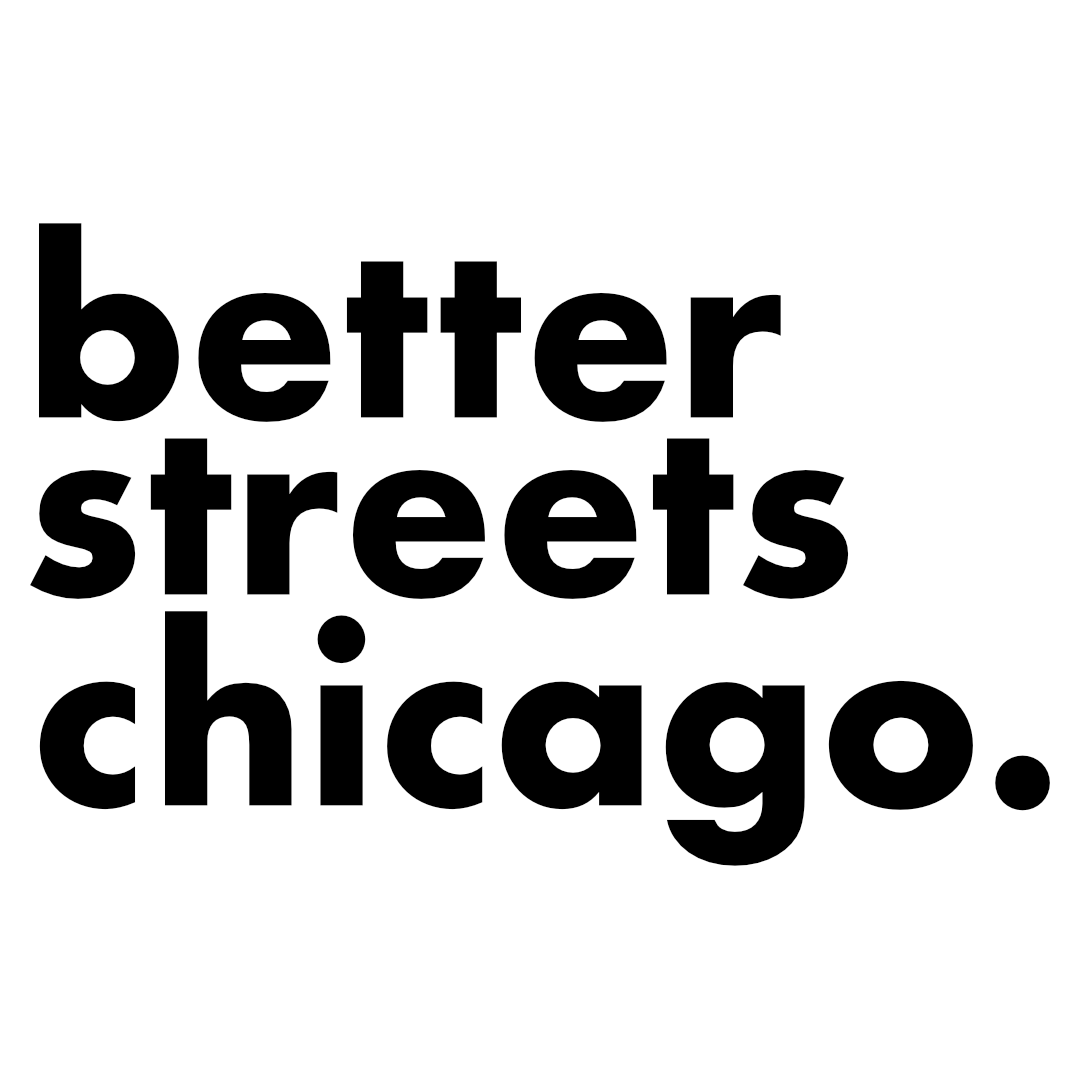Advocates urge transparency and action regarding the future of Chicago’s intercity bus terminal
Advocates were disheartened to learn last week that the September 23rd subject matter hearing in the Committee on Pedestrian & Traffic Safety regarding the future of Chicago’s intercity bus (“Greyhound”) terminal has been canceled. As the current terminal located at 630 W. Harrison St. is set to be vacated by operators in a matter of days, the City has yet to meaningfully engage advocates, nor has it provided the public and bus riders clarity on either the short-term nor long-term future of the terminal. Without swift action, the City risks permanently losing critical intercity bus services that will impact thousands of riders daily and reduce people’s access to economic opportunities, medical services, and personal travel needs.
Transportation, environmental, reproductive health, disability, civic and community advocates have been sounding the alarm of the risk that comes with losing the terminal, and remain ready to work with the Johnson administration and stakeholders towards a solution.
It is imperative the City remains transparent and provides space for community members, stakeholders, and alderpeople to get answers about the City’s plans for the terminal and to understand how the City arrived at its decisions. This administration has set a vision for co-governance to “create a more collaborative government” that bridges the gap between government and community and “disrupts long-standing mistrust between both groups.” In the spirit of that vision, we urge the administration to commit to bring advocates to the table to provide our expertise on the issue and the community’s needs, and to reschedule the hearing.
Failing to come to a workable solution for the intercity bus terminal would directly harm thousands of people traveling to, from and through Chicago daily – and would be disproportionately placed on the most vulnerable people in our community. This includes low-income travelers, students, seniors, victims of domestic violence, the disabled community, people seeking medical care (including reproductive healthcare and gender-affirming healthcare), LGBTQ+ people, and beyond. Two thirds of intercity bus riders have incomes below $40,000 and one third have incomes below $20,000. More than a quarter have no other viable travel option.
We are deeply concerned that a solution has not been identified with only days to go. However, Mayor Johnson still has an opportunity to course correct by rescheduling the hearing and creating space for residents and stakeholders to be active participants in this process.
Signed,
Access Living
Active Transportation Alliance
Better Streets Chicago
Chaddick Institute at DePaul University
Chicago Abortion Fund
Commuters Take Action
Environmental Law & Policy Center
Equality Illinois
High Speed Rail Alliance
Illinois Environmental Council
Metropolitan Planning Council
Personal PAC
Planned Parenthood Illinois Action
